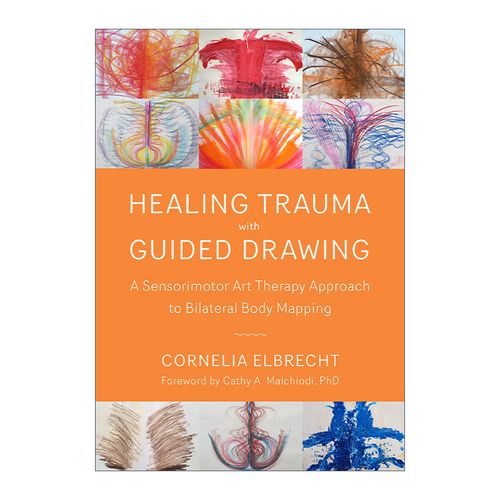心理障碍英文翻译
Understanding Psychological Disorders
Psychological disorders, also known as mental disorders or mental illnesses, encompass a wide range of conditions that affect mood, thinking, and behavior. These disorders can significantly impair an individual's ability to function in daily life and can vary in severity from mild to severe. Here, we delve into some common psychological disorders, their symptoms, and potential treatment options:
1.
Depression (Major Depressive Disorder):
Symptoms:
Persistent feelings of sadness, hopelessness, loss of interest or pleasure in activities, changes in appetite or weight, sleep disturbances, fatigue, feelings of worthlessness or guilt, difficulty concentrating, and thoughts of death or suicide.
Treatment:
Therapy (such as cognitivebehavioral therapy or interpersonal therapy), medication (like antidepressants), lifestyle changes, and support groups.2.
Anxiety Disorders (including Generalized Anxiety Disorder, Panic Disorder, and Phobias):
Symptoms:
Excessive worry, fear, or nervousness, restlessness, irritability, muscle tension, difficulty concentrating, sleep disturbances, and in the case of panic disorder, sudden and repeated attacks of intense fear.
Treatment:
Therapy (such as cognitivebehavioral therapy, exposure therapy, or relaxation techniques), medication (such as antianxiety medications or antidepressants), and lifestyle changes.3.
Bipolar Disorder:
Symptoms:
Periods of unusually elevated mood (mania) alternating with periods of depression. Manic episodes may involve increased energy, decreased need for sleep, impulsivity, racing thoughts, and reckless behavior.
Treatment:
Mood stabilizers, antipsychotic medications, antidepressants (in combination with a mood stabilizer), therapy, and lifestyle adjustments.4.
Schizophrenia:
Symptoms:
Delusions, hallucinations, disorganized thinking and speech, impaired social functioning, reduced emotional expression, and lack of motivation.
Treatment:
Antipsychotic medications, therapy (such as cognitivebehavioral therapy or supportive therapy), psychosocial interventions (like social skills training or vocational rehabilitation), and support services.5.
ObsessiveCompulsive Disorder (OCD):
Symptoms:
Obsessions (unwanted, intrusive thoughts, images, or urges) and compulsions (repetitive behaviors or mental acts performed to reduce anxiety or prevent a feared outcome).
Treatment:
Therapy (particularly exposure and response prevention therapy), medication (such as selective serotonin reuptake inhibitors), and lifestyle changes.6.
PostTraumatic Stress Disorder (PTSD):
Symptoms:
Flashbacks, nightmares, intrusive memories, avoidance of triggers related to a traumatic event, hypervigilance, and negative changes in mood and cognition.
Treatment:
Therapy (including cognitive processing therapy or eye movement desensitization and reprocessing), medication (such as antidepressants or antianxiety medications), and support from loved ones and support groups.7.
AttentionDeficit/Hyperactivity Disorder (ADHD):
Symptoms:
Inattention, hyperactivity, impulsivity, difficulty organizing tasks, forgetfulness, and inability to sustain attention.
Treatment:
Medication (such as stimulants or nonstimulants), behavioral therapy, parent training, and accommodations at school or work.These are just a few examples of psychological disorders, and each individual's experience may vary. It's important to seek help from mental health professionals for accurate diagnosis and appropriate treatment. Additionally, support from family, friends, and community resources can play a crucial role in the recovery process. Remember, mental health is just as important as physical health, and seeking help is a sign of strength.











